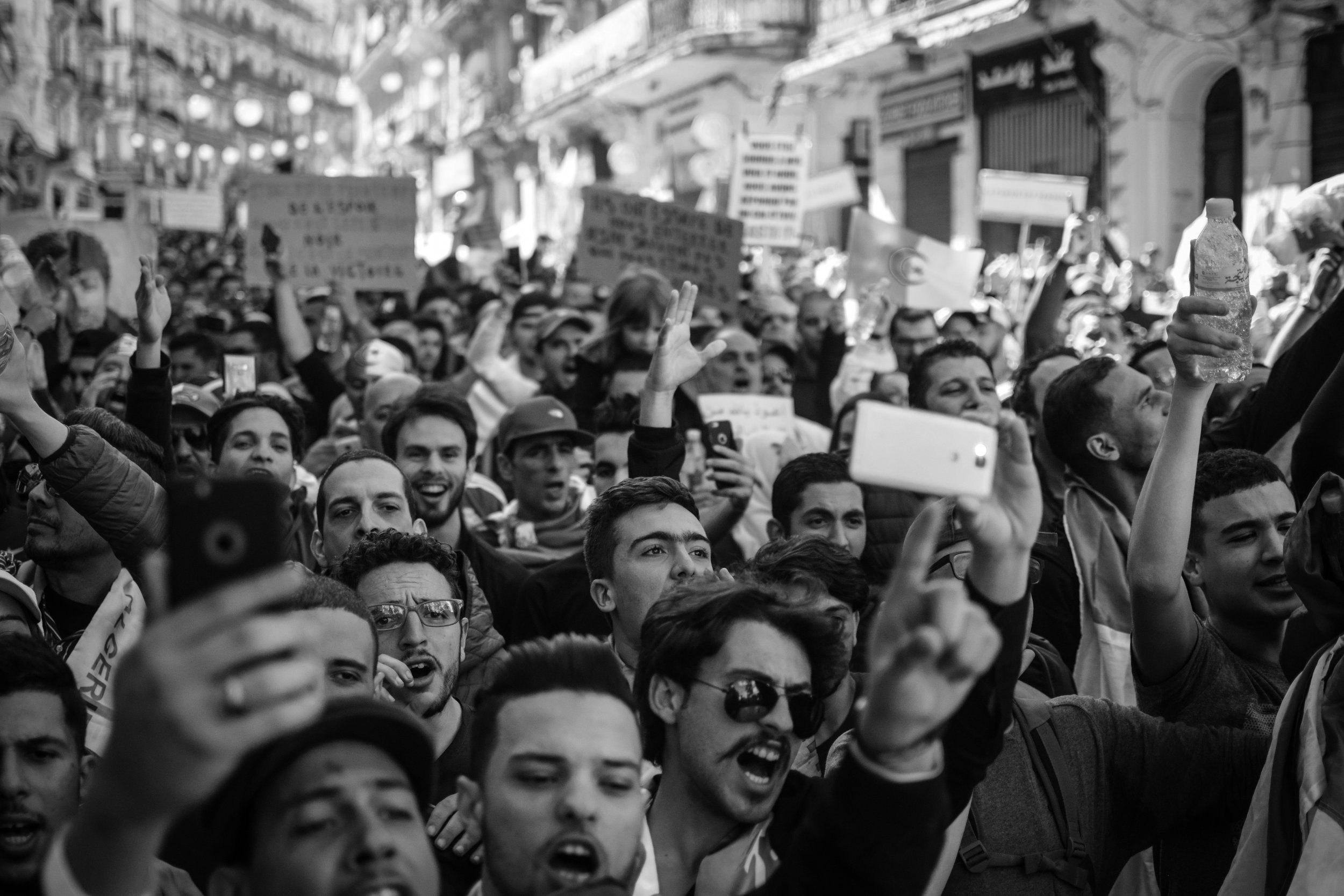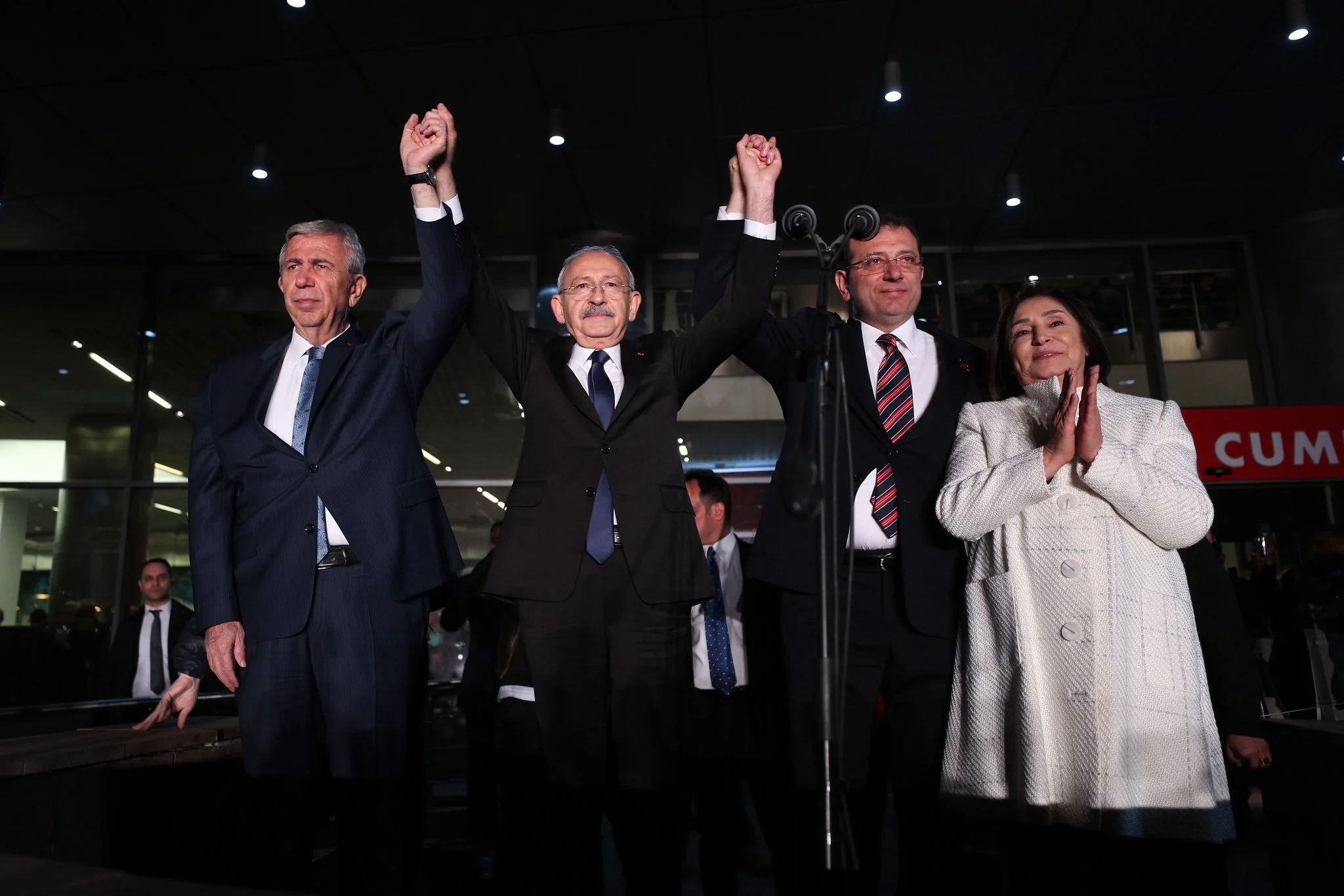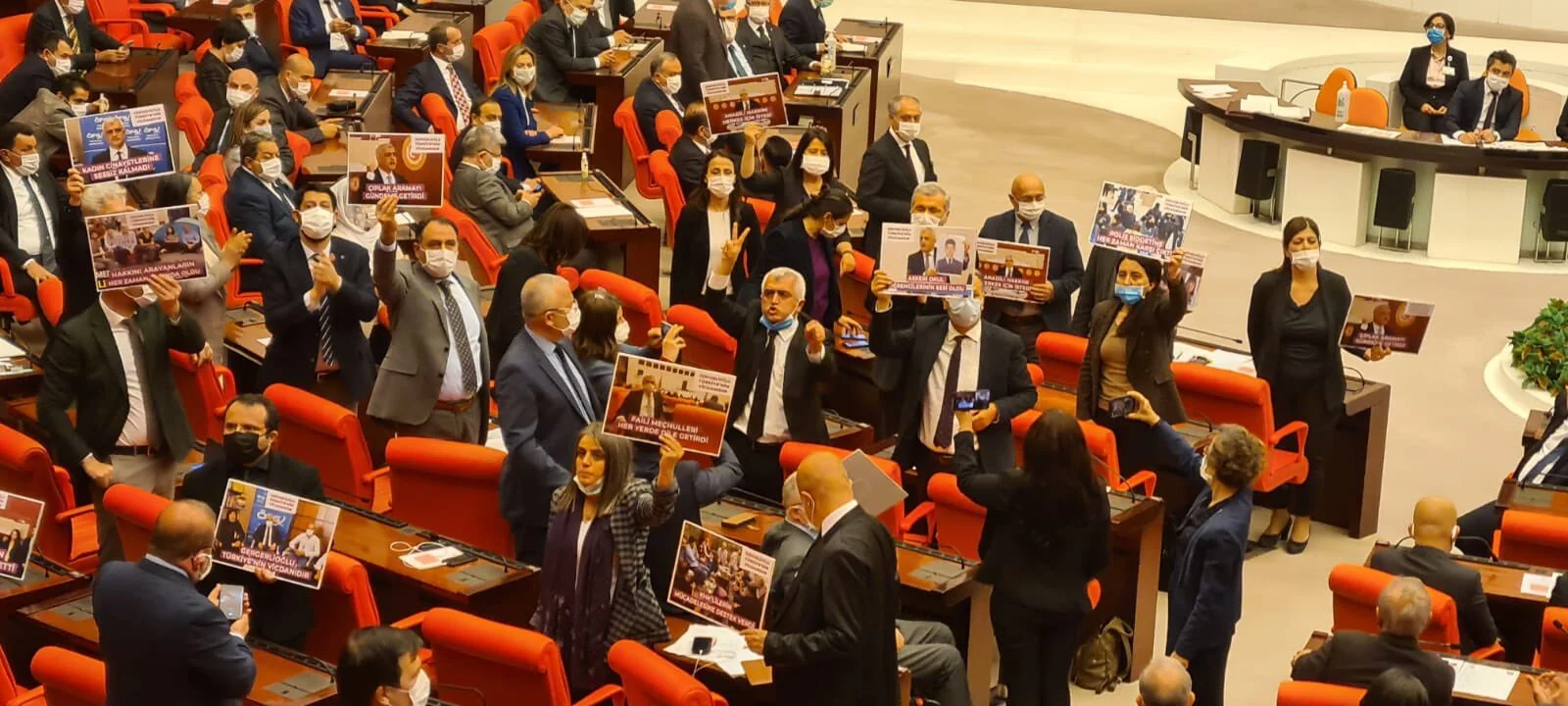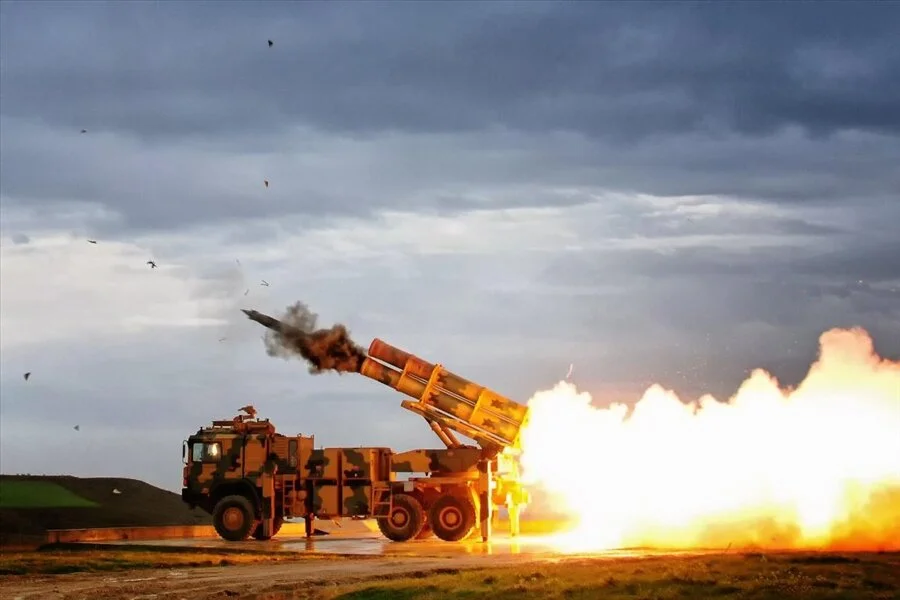Despite finishing ahead, President Erdogan faced the greatest electoral challenge of his political career on 14 May and conceded to a runoff for the first time in Turkish history. Although his chances looked brighter than the opposition’s Kilicdaroglu before the second round on 28 May, both contenders appear to be limited by the uncontested winner in Turkey’s elections: ultranationalism. Will Kilicdaroglu’s change of heart be enough to turn the tide? Or will Erdogan’s newfound allies carry him to a second-round victory and extend his rule into a quarter century?
Opposition Reunited under Kilicdaroglu Readies to Take On Erdogan
In a nail-biting finish on Monday, Turkey’s opposition has averted its first and most critical hurdle, as they agreed to back CHP’s Kemal Kilicdaroglu as their joint presidential candidate and continued to pose a united front against Erdogan. This brief analysis gives insight into the 72-hour saga, explains the compromises and their limitations within the opposition and speaks of Erdogan’s possible courses of action against this unity, as Turkey enters its last ten weeks before its most crucial elections.
“Good” Riddance? The Opposition Splits Ahead of Critical Elections
The second largest party’s surprise pull-out from Turkey’s opposition alliance on Friday sent shock waves across the political spectrum. The move, which came only ten weeks before the country’s vital presidential elections, split the much-needed unity among the opposition to replace an increasingly vulnerable but still combatant Erdogan. The questions are: How did the opposition get here? Can they weather the storm or have they already lost the fight? And what is next in Erdogan’s playbook? Plates are shifting in Turkish politics once again, at an unprecedented speed.
Iran’s Raisi Era
The Party is Over: Turkey Moves to Ban Pro-Kurdish HDP
A top Turkish prosecutor launched a case to ban the pro-Kurdish People’s Democratic Party (HDP), in the latest series of crackdown against the third largest party in the parliament, accelerating the democratic backsliding in the country. This short analysis explains the background of this 90s-inspired move and what it means for the Turkish politics and the Kurdish issue, including a take at Erdogan’s odds at the Constitutional Court vote.
The Pelican Pause: Son-in-Law’s Exit Ushers New Era for Turkey?
The tumultuous resignation of Turkish President Tayyip Erdogan’s son-in-law as Finance Minister, was a milestone in Erdogan’s 18-year rule of the country, as it exposed political rifts at the highest -the family- level, for the first time. Despite the resignation saga which has thrown the Erdogan regime off balance, the economy, seems to have slightly picked up steam, following the President’s messages of financial orthodoxy and judicial reform. Does Erdogan’s replacement of his son-in-law usher a new era for Turkey? Is the country heading back to reforms and democracy? The short answer is no, and here is why.
The Coronapolitics Report
The Coronapolitics Report is RDM Advisory’s special publication looking at the coronavirus pandemic from a political risk angle. The major developments in Europe, the Middle East and Asia are covered alongside commentary through themes of “Authoritarianism and Civil Unrest”, “Alliances and Diplomacy”, “War and Terrorism” and “Protectionism.”
Turkey's Disastrous Month in Syria
Turkish President Recep Tayyip Erdogan has found himself increasingly cornered in Northern Syria, as more than 30 Turkish soldiers were killed in a possible Russian strike in Idlib’s south – the greatest single loss Turkey suffered in Syria.
The attack has followed several others in February which brought the Turkish death toll to over 50 in the space of one month, increasing the risk of a greater escalation between Turkey and Russia-backed Syria, paving the way for a humanitarian disaster and creating the yet biggest furore among the Turkish public.
What went wrong for Turkey? What are Erdogan’s options on the table? Will the ‘refugee card’ help bring back Western support? Will Russia escalate? Will censorship work to contain Turkish public reaction, this time?
A Dangerous Escalation: Turkey at Loggerheads with Syria and Russia in Idlib
Turkey announced on Monday (10 February) that 5 Turkish soldiers were killed in Idlib, due to shelling by the Syrian forces, increasing the number of Turkish deaths in Syria to 13 in one week, marking a serious escalation in the conflict and bringing the two adversaries closer to war. The analysis marks the military, diplomatic and humanitarian aspects of the incident and argues that it portrays Turkey’s vulnerability in the Northwest Syria.
LOOKING FOR PEACE "IN FEZZAN?"* THE LIBYAN CRISIS AND THE BERLIN SUMMIT
As the Libyan conflict escalated with Turkey’s recent involvement, the Berlin Summit (19 January) was a hopeful and unusual first step since 2018, to resolve the Libyan conflict, which brought all the stakeholders together but left many questions unanswered.
Will the Libyan rebel commander Haftar break the truce? Will the Erdogan government put Turkish boots on the ground on behalf of the Tripoli government? Will the conflict escalate further? Can Russia and Turkey repeat the Syria ceasefires in Libya? Where do the US and major European powers stand in the conflict?
US-TURKEY DEAL IN NORTHEAST SYRIA: A LONG-SOUGHT WIN FOR ERDOGAN? NOT YET.
A week into Turkey’s offensive in Northern Syria against the Syrian Kurdish militants, US and Turkey reached an agreement in Ankara, which the US side calls a ceasefire and the Turks call a pause. While bringing a temporary relief in the conflict, the agreement falls short of delivering any long-term solutions. The agreement might seem a win for Ankara but the new realities on the ground, a week into the conflict, seem harder to establish a border-long safe zone – which is Turkey’s end goal. This is certainly not a long-sought win for Turkey’s Erdogan. At least not yet.
ERDOGAN'S AKP IN SURVIVAL MODE, BUT CAN THEY MAKE IT?
Following the defeat of Turkish President Recep Tayyip Erdogan’s AKP in big cities including the capital Ankara and megalopolis Istanbul in the local elections in March and June 2019, many expected change in the AKP leadership and some relaxation in the tightly-centralized new executive presidential system. Six months after the elections, it is the opposite.













